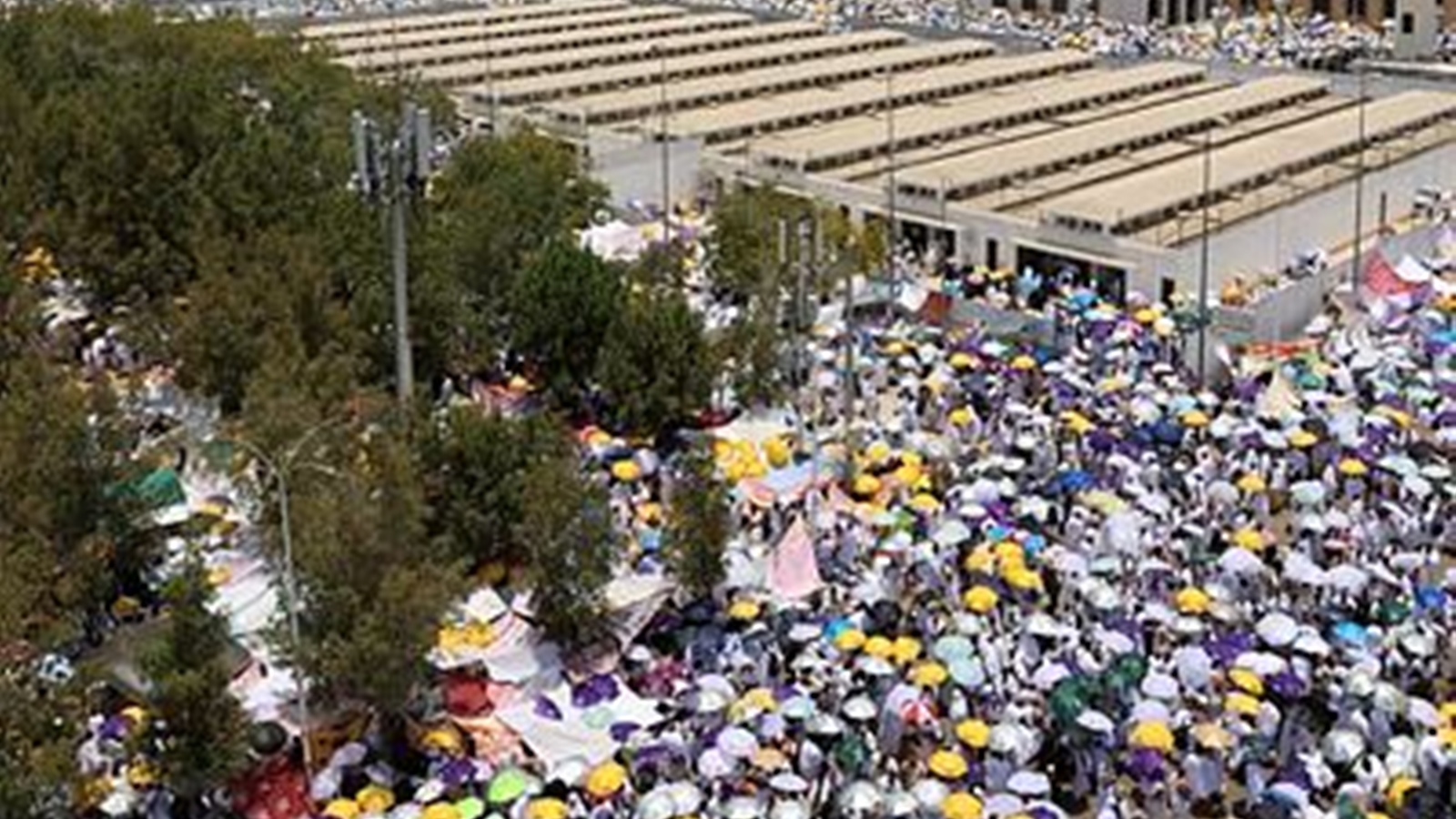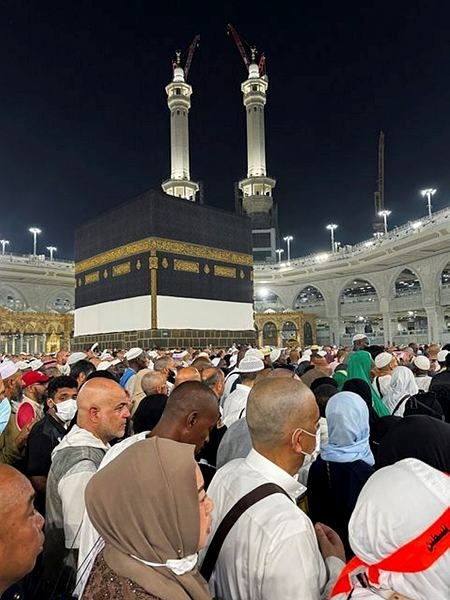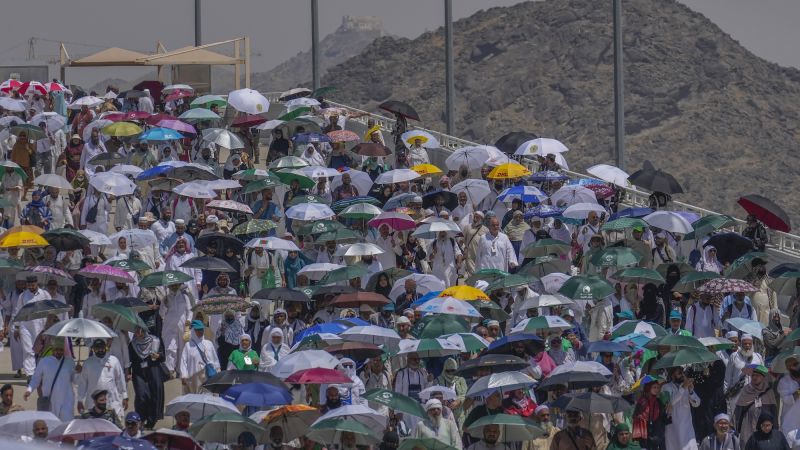
During the annual Muslim pilgrimage to Mecca, known as Hajj, at least 550 people have lost their lives due to various reasons, primarily heat-related illnesses. Among the deceased were 68 Indians and a significant number of Egyptians. The extreme temperatures reached an alarming 51.8 degrees Celsius in the shade at the Grand Mosque in Mecca on Monday, making it a challenging environment for pilgrims.
The Saudi Hajj authorities reported that more than 1.83 million Muslims performed the Hajj this year, including over 1.6 million pilgrims from various countries and around 222,000 Saudi citizens and residents. Thousands of pilgrims from low-income nations were among those who died due to their pre-existing health conditions and lack of access to proper healthcare before the journey.
The Hajj is a once-in-a-lifetime duty for able Muslims, which involves performing religious rites as taught by Prophet Mohammad. The mass gathering spans around 11 days earlier each year according to the lunar calendar. Hussein Al-Qahtani, spokesman of the Saudi National Meteorological Center (NMC), stated that next year's Hajj will be the last one in summer as it enters a new phase of climate change.
The deaths among pilgrims are not uncommon, but this year's gathering was held amid particularly high temperatures. The Saudi government advised pilgrims against performing certain rituals during specific hours due to the extreme heat and deployed additional medical personnel and volunteers to help those in need.
While performing Hajj is one of the five pillars of Islam, it requires every Muslim who is physically and financially able to make the journey. The pilgrimage includes numerous detailed rituals such as wearing a special garment symbolizing human equality before God, a circular procession around the Kaaba, and the symbolic stoning of evil.





